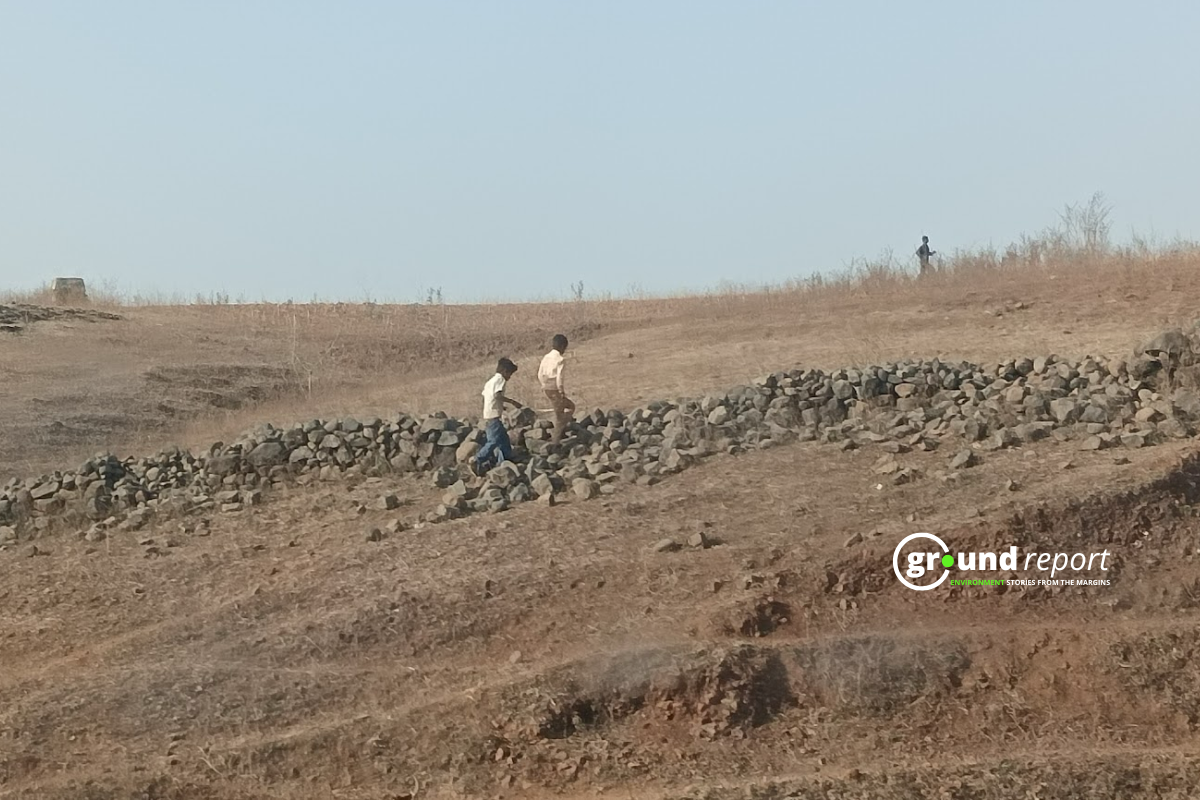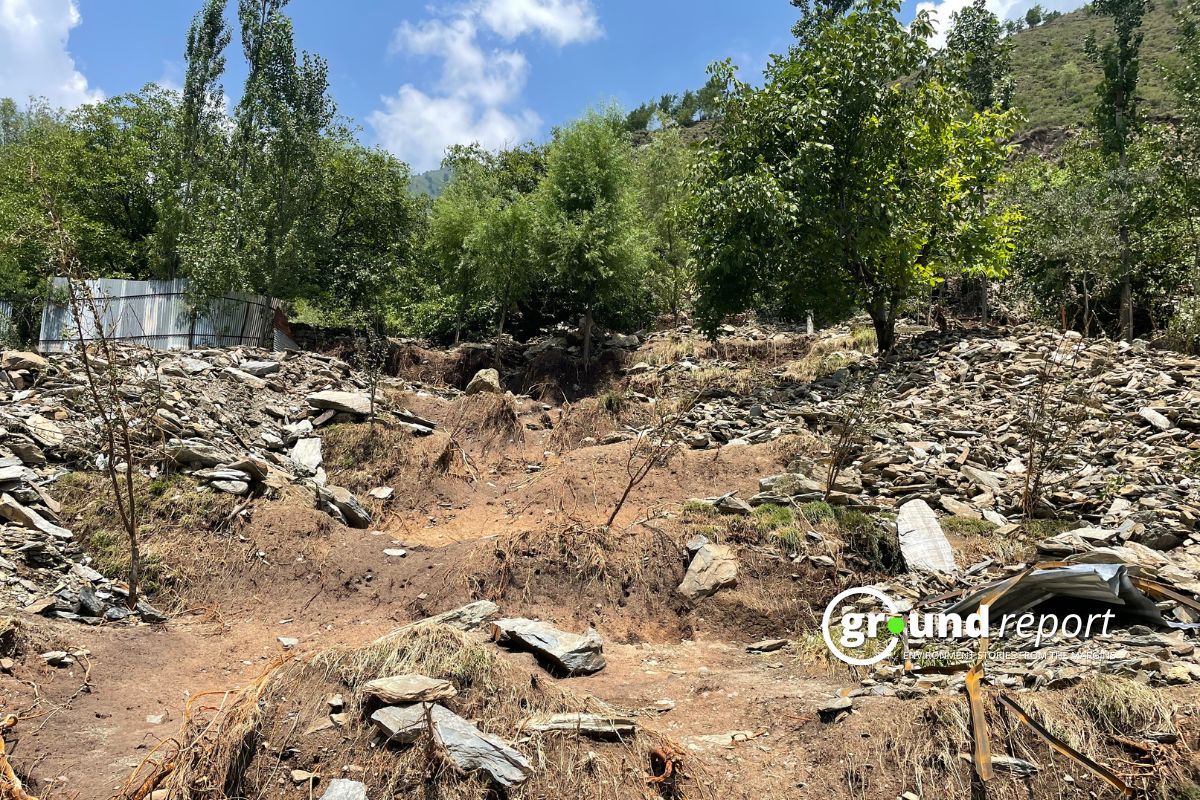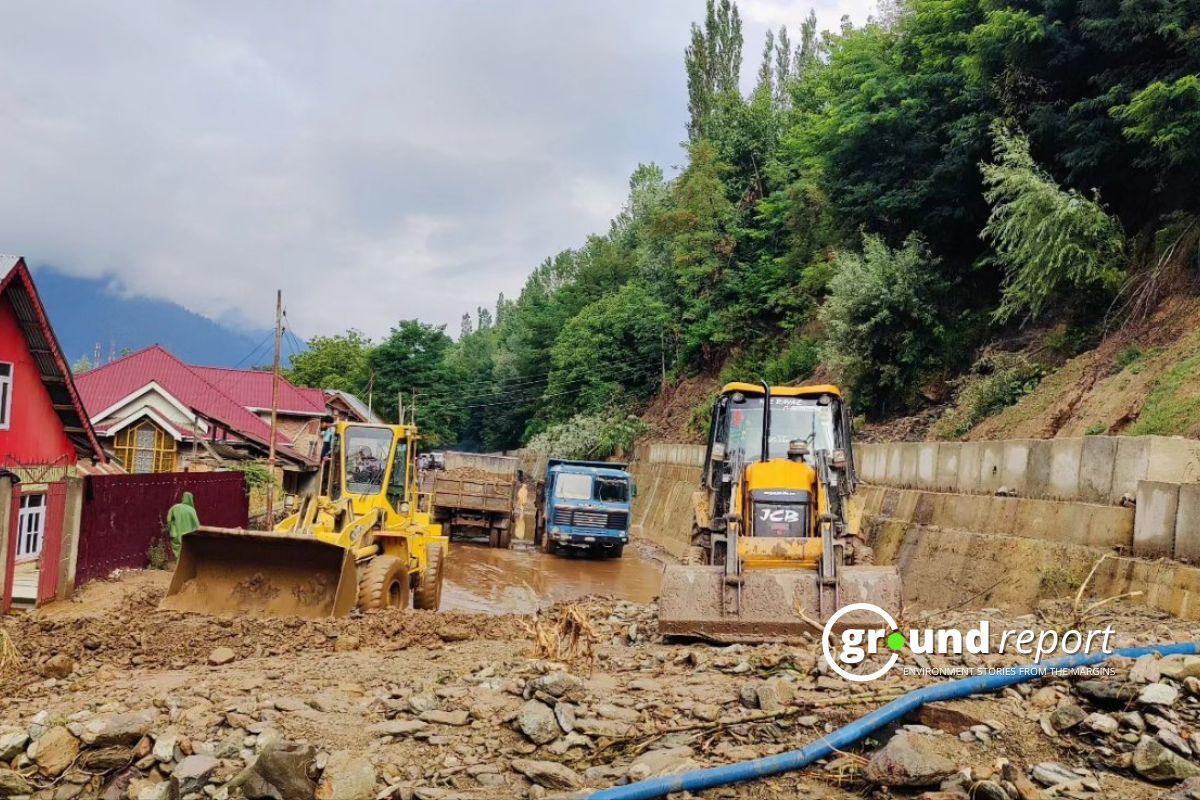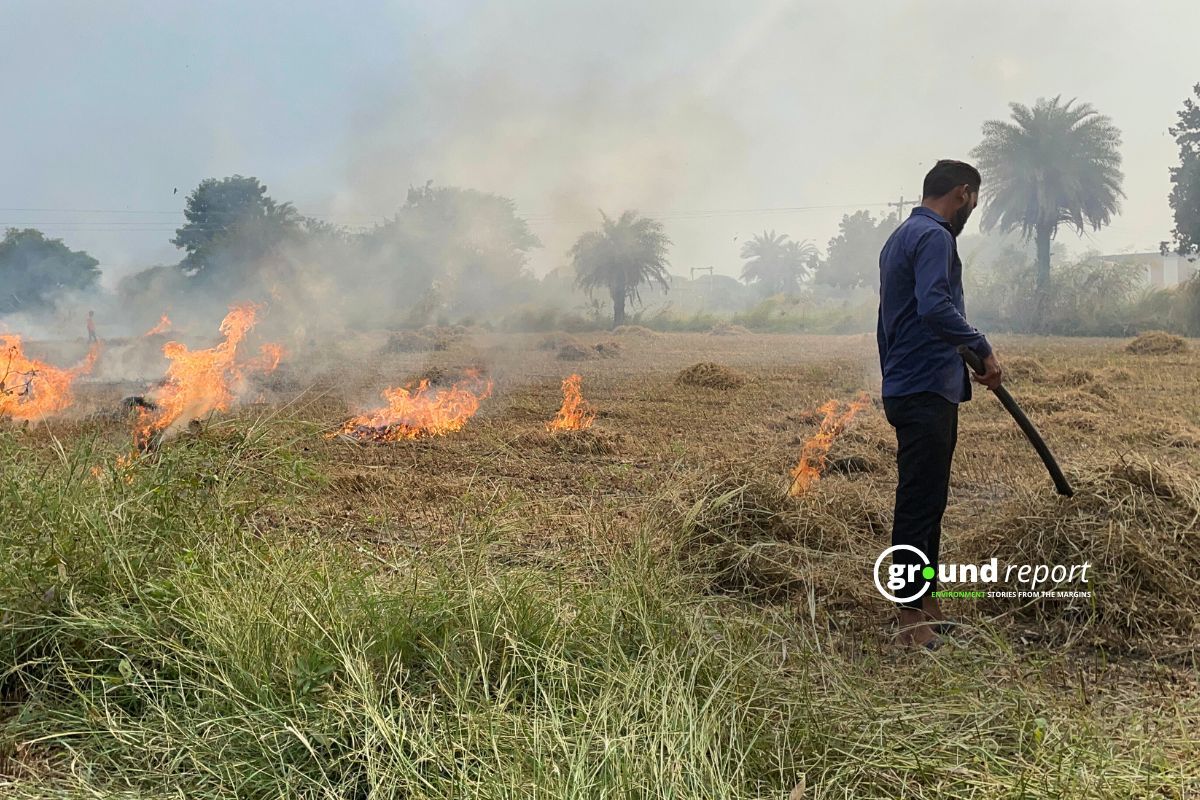Thousands of fish have turned up dead in the Oder River that runs through Germany and Poland, raising warnings of an environmental disaster as residents are urged to stay away from the water.
Fish floating on German banks near the eastern town of Schwedt are believed to have washed upriver from Poland, where locals and fishermen reported the first reports of mass fish kills on July 28.
German officials accused Polish authorities of failing to inform them of the deaths and were shocked when the wave of lifeless fish floated into view.
In Poland, the government has also been heavily criticized for not taking swift action.
Nearly two weeks after the first dead fish appeared floating in Polish villages, Polish Prime Minister Mateusz Morawiecki said on Friday that “at first everyone had thought it was a local problem.”
But he admitted that “the scale of the disaster is very large, large enough to say that the Oder will need years to recover its natural state.”
“Huge amounts of chemical waste were probably dumped into the river with full knowledge of the risk and consequences,” the Polish leader added, while Germany’s Environment Minister Steffi Lemke urged a thorough investigation into what she called a “disaster.” environment” in the making.
While German and Polish authorities believe pollution is the cause of the die-off, political leaders meeting on Sunday said water tests did not provide definitive evidence of high toxicity in the river.
“To this day, none of these tests has confirmed the presence of toxic substances,” Anna Moskwa said after meeting German Environment Minister Steffi Lemke in Szczecin, a city in northwestern Poland, on Sunday.
A joint task force investigating the cause of the mass fish kill was also announced at the meeting. Tests for pesticides and about 300 other substances are also underway, Poland’s environment minister said.
“We have not yet excluded a variant of toxic substances,” she added. “We are reviewing the entities that develop commercial and industrial activities along the river.”
Meanwhile, no fish carcasses have yet been sighted downstream in the state of Mecklenburg-Vorpommern on Germany’s Baltic coast, officials said. This follows reports that oil barriers will be placed in the Oder-fed Szczecin Lagoon to prevent dead fish from entering the Baltic Sea.
Standing by the river’s edge, Michael Tautenhahn, deputy head of Germany’s Lower Oder Valley National Park, gazed in dismay at the river on the German-Polish border.
“We are on the German side, we have dead fish everywhere,” he told Agence France-Presse (AFP). “I am deeply shocked… I have a feeling I am seeing decades of work in ruins here. I see our livelihood, the water, that is our life,” he said, noting that it is not just the fish that have died. , but also mussels and probably countless other aquatic creatures. “It’s just the tip of the iceberg,” he added.
The Oder has been known in recent years as a relatively clean river, and 40 species of domestic fish make their home in the waterway.
But now, lifeless fish, some as small as a few centimetres, others reaching 30-40 centimetres, can be seen on the other side of the river. Occasionally, those still struggling can be seen jumping into the water, seemingly gasping for breath.
Authorities believe the fish may have been poisoned. “This fish kill is unusual,” said Axel Vogel, environment minister for the state of Brandenburg, estimating that “undoubtedly tons” of fish have died.
Fish kills are often caused by distorted oxygen levels when water levels are too low, he explained.
“But we have completely different test results, namely that we have had an increase in the oxygen level in the river for several days, and that indicates that a foreign substance has been introduced that has led to this,” he said.
Tests are underway in Germany to establish the substance that may have caused the deaths.
Early reports had suggested indications of extremely high levels of mercury. But another batch of preliminary results released late Friday showed unusually high levels of salt.
Officials said they were inconclusive and more test results on heavy metals and mercury were pending.
In Poland, prosecutors also began investigating after authorities came under fire for what critics said was a slow response to a disaster.
Tautenhahn said the disaster would likely have consequences for years to come.
“If it’s mercury, then it’s also going to be here for a long time,” she said, noting that mercury doesn’t decay, but will stay in the sediments.
Keep Reading
Part 1: Cloudburst in Ganderbal’s Padabal village & unfulfilled promises
India braces for intense 2024 monsoon amid recent deadly weather trends
Support us to keep independent environmental journalism alive in India.
Follow Ground Report on X, Instagram and Facebook for environmental and underreported stories from the margins. Give us feedback on our email id greport2018@gmail.com.
Don’t forget to Subscribe to our weekly newsletter, Join our community on WhatsApp, and Follow our YouTube Channel for video stories.







